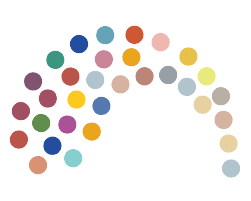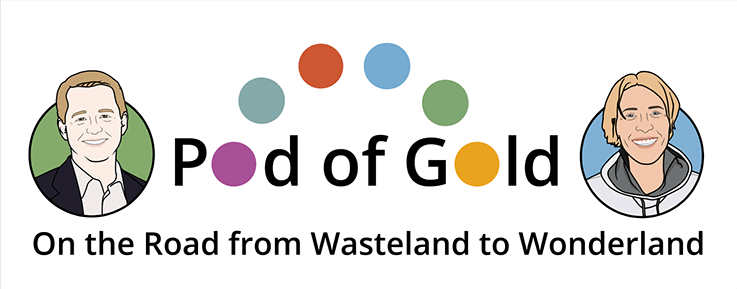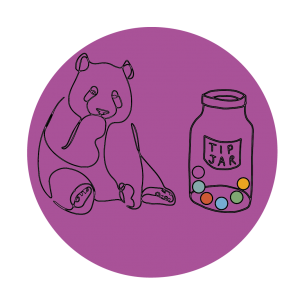Red Cross Builds Resilience | Adam Bornstein
Economic empowerment and community agency are the new humanitarian aid. In this episode, we’re exploring the power of digital currencies to spark economic activity and build resilience in refugee communities with Danish Red Cross’ Adam Bornstein.




